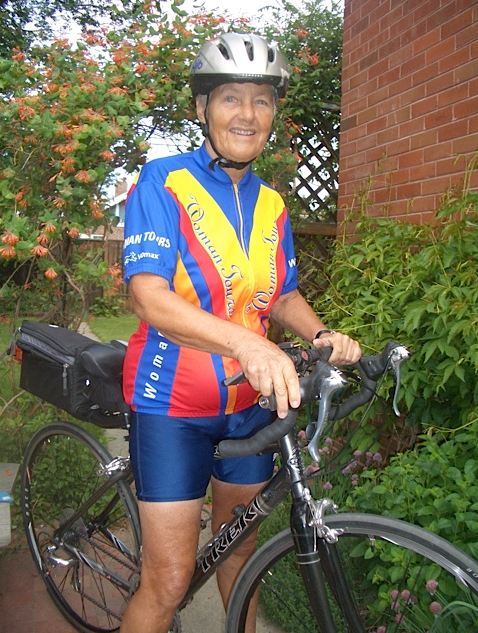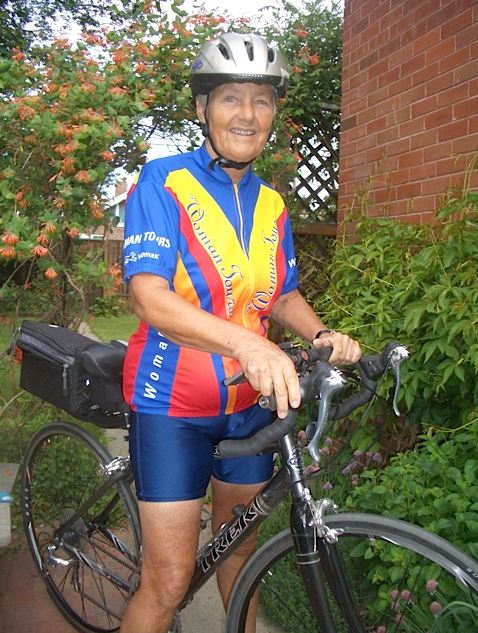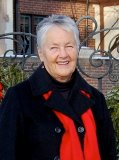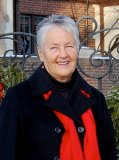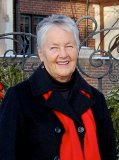It was 1944. In Europe bombs were falling; in London, but mostly in Berlin. The Allies were preparing to invade Normandy. I didn’t know any of this at the time. My parents didn’t think it would be good for a 7 year old to know about the horrors of war–not the details anyway. Everyone knew there was a war going on across the ocean. I knew about rationing, I even had my own book of savings stamps, there was never enough gas to go anywhere, but otherwise the war didn’t really effect my life. Life for me in 1944 was pretty normal.
I had recently started piano lessons. My grandmother, an accomplished musician, had hoped that the talent she had perhaps had skipped a generation and maybe all the music genes had descended into my being.
Life was normal until I got into my piano lessons. My teacher had escaped the war in Europe and, I suspect, had escaped the Holocaust. Of course, at the time we didn’t know there was a holocaust going on, and if we had known, adults certainly weren’t going to talk about it in the presence of children. The war in Europe had effected my teacher’s life all right. I suspect she still had loved ones suffering in concentration camps, or maybe they were already dead. Maybe for her making a living in a strange country in hard times was barely endurable. But I sensed my teacher’s insecurity and volatility. I did not want to make her life more difficult by being unable to perform.
“You must count!” screamed my teacher. “One and two and three and one and two and three and. I turn on the metronome, yes?”
“Tick, tock, tick, tock,” chanted the metronome. “We are running out of time. Recital coming, recital coming,” chanted teacher.
“Maybe my mother will tell me it’s okay just to play the right notes. Don’t worry about the counting at the same time,” I thought.
Am I ready for a recital? Mommy will know.
My mother assured me I was ready for the recital. After all. My velvet dress was back from the cleaners and we would soon go to the city to buy some Mary Janes and socks with lace cuffs. My hair was the perfect length for braiding. Everything was in perfect order for the recital, my mother assured me.
Everything but the music. I was to play three pieces: Marilyn Dances, A Soldier’s March, and In an English Country Garden. I actually had no idea whether or not I would be able to get through those pieces. I have to wonder if my teacher had any idea if I could get through them.
My mother was confident that everything would be perfect. After all, she was in charge of seeing that I was properly clothed and she herself would be doing the braids.
This particular occasion called for braids with rolls. The first step is to divide the hair in 1/6th’s perfectly symmetrical and each 6th–that is, each hank–being perfectly equal in volume. Mother would then roll the front hanks to form rolls of hair directly above the ears. The remainder of the hank is then braided into the other two hanks. “One and two and three and,” as she deftly wove the hair together into two smooth, perfect braids. I could only hope that in a few hours my hands would move as smoothly and deftly over the piano keys as hers moved as she worked my hair.
The day arrived. I was ready–braids with rolls in place, velvet dress with lace collar, shiny patent leather Mary Janes, socks with lace cuffs. I couldn’t have been more ready–except for being scared stiff. Would Marilyn dance, would the soldier march, would the garden flourish? Or would they all just die there on the stage in front of all those people.
Interesting that I remember such detail about my outward appearance. What I don’t remember is how I performed the music and how I felt after the recital. I guess to my mother–and therefore to me–that was an incidental of minor importance. And perhaps that explains why this was my first–and last recital.
© 8 Oct. 2011
About the Author
Betsy has been active in the GLBT community including PFLAG, the Denver women’s chorus, OLOC (Old Lesbians Organizing for Change). She has been retired from the Human Services field for about 15 years. Since her retirement, her major activities include tennis, camping, traveling, teaching skiing as a volunteer instructor with National Sports Center for the Disabled, and learning. Betsy came out as a lesbian after 25 years of marriage. She has a close relationship with her three children and enjoys spending time with her four grandchildren. Betsy says her greatest and most meaningful enjoyment comes from sharing her life with her partner of 25 years, Gillian Edwards.
